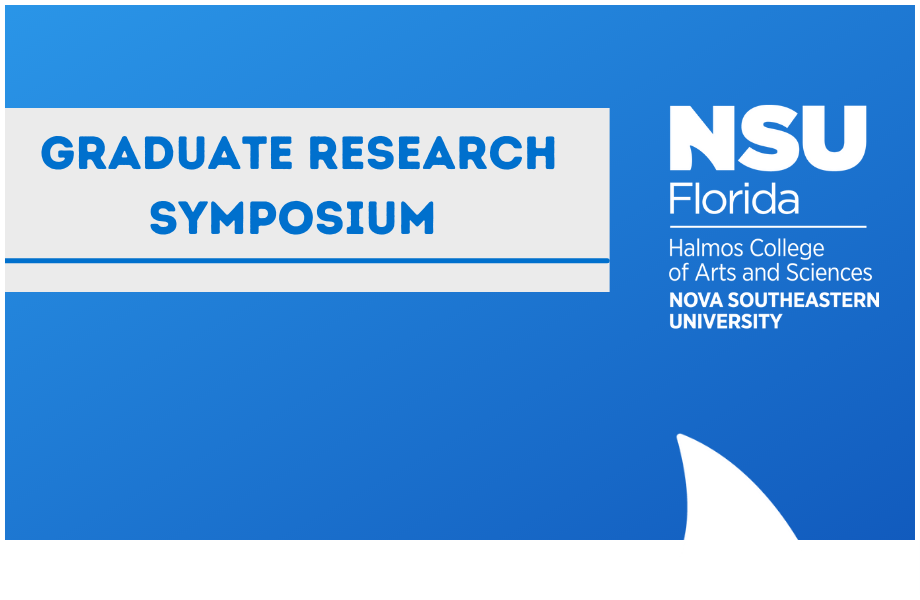Evidence of dramatic and persistent declines in meso- and bathypelagic fish abundances in the Gulf of Mexico after the Deepwater Horizon oil spill
Location
HCNSO Guy Harvey Oceanographic Center Nova Southeastern University
Start
1-30-2018 1:45 PM
End
1-30-2018 2:00 PM
Type of Presentation
Oral Presentation
Abstract
The Deepwater Horizon oil spill (DWHOS) represented a worst-case scenario with respect to deep-sea environmental damage assessment - a massive, whole-water-column disturbance in an environment with no pre-event baseline data. In order to provide information on the meso- and bathypelagic faunal composition and abundance of the northern Gulf of Mexico, a large-scale, quantitative sampling program was conducted over a 10-month period in 2010 and 2011. Ensuing analyses revealed a highly speciose ichthyofaunal assemblage – in fact the highest species richness for any oceanic ecosystem reported to date. A follow-on sampling program in 2015, 2016, and 2017, using the same gear and sampling methods, revealed dramatic reductions in fish numbers and biomass across a wide range of taxa, with 3-to-4-fold decreases among some of the dominant constituents (e.g., lanternfishes). These wholesale declines were also observed in coincident full-water column multi-frequency acoustic data, indicating a fundamental shift in the measured acoustic intensity from the mesopelagic community. These declines ostensibly have ramifications up and down the food chain (e.g., prey for deep-diving mammals, zooplankton grazing impact, respectively). The lack of pre-spill data precludes determination of causality, but the largest-scale view of this phenomenon leaves a relatively small number of options: 1) 2011 could have been a particularly “good” year for deep-pelagic fishes, with abundances above baseline; 2) deep-pelagic fish abundances naturally vary on time-scales larger than that encompassed in this study; and/or 3) the Gulf deep-pelagic fauna has experienced increased mortality since the DWHOS. This study emphasizes the need for research on community baselines before commercial exploitation, particularly in deep-sea ecosystems whose natural restorative capacity is unknown.
Evidence of dramatic and persistent declines in meso- and bathypelagic fish abundances in the Gulf of Mexico after the Deepwater Horizon oil spill
HCNSO Guy Harvey Oceanographic Center Nova Southeastern University
The Deepwater Horizon oil spill (DWHOS) represented a worst-case scenario with respect to deep-sea environmental damage assessment - a massive, whole-water-column disturbance in an environment with no pre-event baseline data. In order to provide information on the meso- and bathypelagic faunal composition and abundance of the northern Gulf of Mexico, a large-scale, quantitative sampling program was conducted over a 10-month period in 2010 and 2011. Ensuing analyses revealed a highly speciose ichthyofaunal assemblage – in fact the highest species richness for any oceanic ecosystem reported to date. A follow-on sampling program in 2015, 2016, and 2017, using the same gear and sampling methods, revealed dramatic reductions in fish numbers and biomass across a wide range of taxa, with 3-to-4-fold decreases among some of the dominant constituents (e.g., lanternfishes). These wholesale declines were also observed in coincident full-water column multi-frequency acoustic data, indicating a fundamental shift in the measured acoustic intensity from the mesopelagic community. These declines ostensibly have ramifications up and down the food chain (e.g., prey for deep-diving mammals, zooplankton grazing impact, respectively). The lack of pre-spill data precludes determination of causality, but the largest-scale view of this phenomenon leaves a relatively small number of options: 1) 2011 could have been a particularly “good” year for deep-pelagic fishes, with abundances above baseline; 2) deep-pelagic fish abundances naturally vary on time-scales larger than that encompassed in this study; and/or 3) the Gulf deep-pelagic fauna has experienced increased mortality since the DWHOS. This study emphasizes the need for research on community baselines before commercial exploitation, particularly in deep-sea ecosystems whose natural restorative capacity is unknown.


